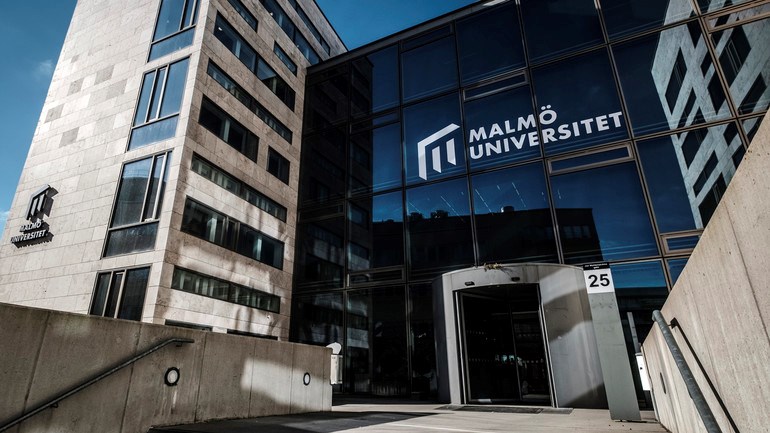Malmö University is increasing in popularity

The number of applications to Malmö University has increased by as much as 19 per cent, an increase well above the national average. The sociology programme, which had previously declined in popularity, has seen an increase of nine percent in the number of first-time applicants.
The statistics, that show a big rise for Malmö University overall, were compiled after the application date for the spring semester’s programmes and courses closed on 16 October. The biggest increase can be seen in the number of applicants for courses, which have increased by 20 per cent compared to the previous corresponding period. Creative writing is the most sought-after course; the course in AI is climbing in popularity and is now in fifth place.
The programmes are also attracting more applicants with the number of first-time applicants increasing by 17 per cent, while the number of applications overall show a smaller increase of six per cent.
The sociology programme, which has declining in popularity over recent years, now showed a nine per cent increase in the number of first-time applications and two per cent in the number of registrations.
The pre-school teacher programme and the vocational teacher programme are also progressing both in terms of first-time applicants and the overall number of applications, while applications to KPU (Complementary Pedagogical Education) are going down.
The nursing programme shows a mixed picture, but overall the number of applicants increased by 14 per cent in terms of first-time applications. This shows an increased number of applications for the places in Malmö, both in terms of first-time applicants and the number of registrations.
One reason why more people are applying to Malmö University may be that what is offered has been broadened: both the number of courses and programmes has increased compared to the previous year.
“These are extremely gratifying figures. It shows that Malmö University is increasing in popularity and that we have an attractive offer. We are happy to be able to offer relevant courses and programmes that make it possible for people to get an education, get a job and contribute to positive social development,” says Mats Edenius, pro-vice-chancellor.
Throughout Sweden, the number of applications increased by 3.6 per cent. According to the University and Higher Education Council, UHR, this is the third highest rating in the last ten years.